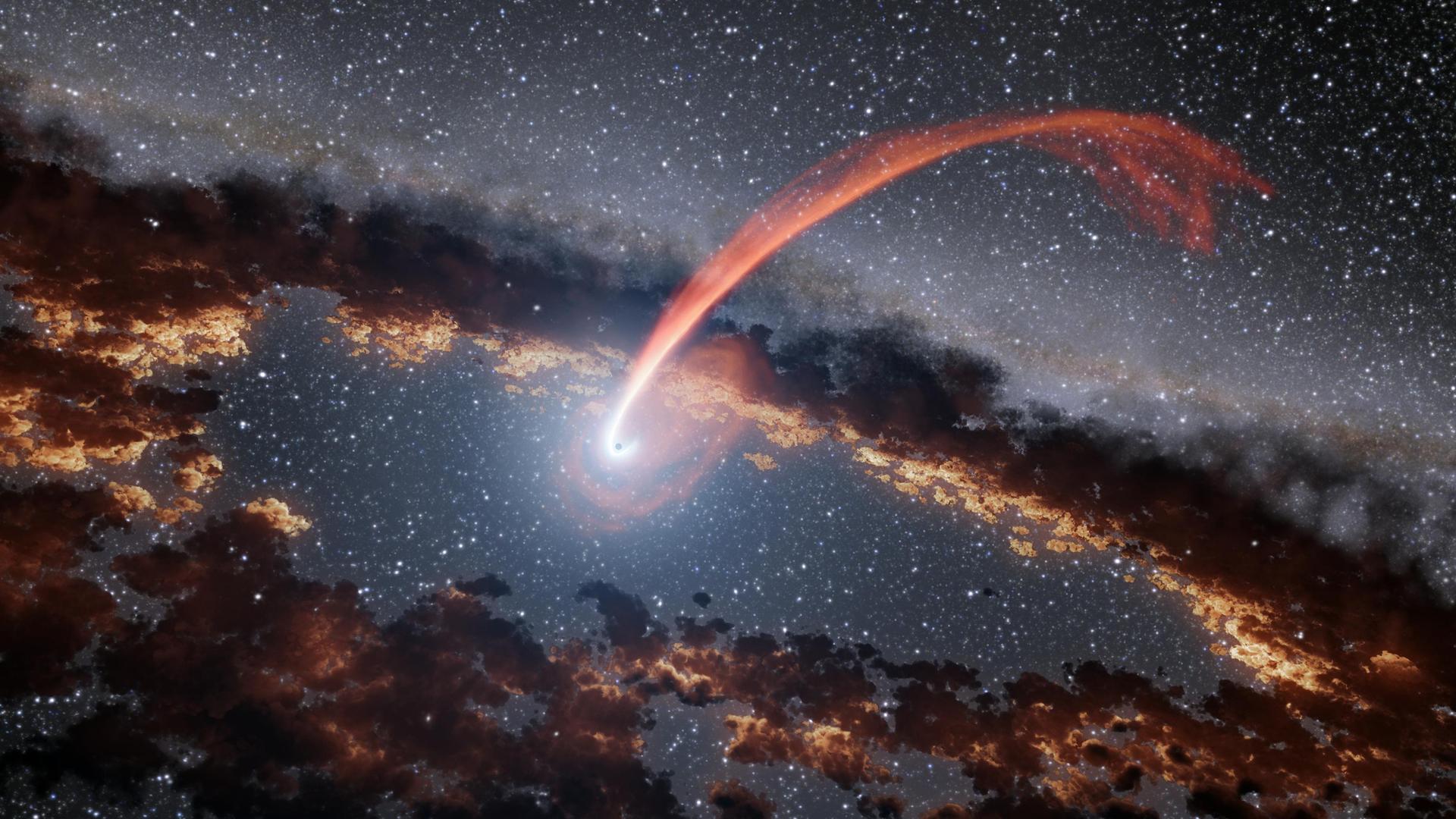Time machines and black holes on the agenda at quantum gravity meeting
August 12, 2022

August 12, 2022

A theory of everything, that works at a cosmic and quantum level, has eluded researchers for years.
Next week is the Quantum Gravity Conference, with physicists from around the world gathering in Vancouver for the launch of the Quantum Gravity Institute, as well as trying to solve one of science’s biggest mysteries.
In this Q&A, Dr. Philip Stamp, co-founder of the Quantum Gravity Society, and a professor in the UBC department of physics and astronomy, discusses what the conference hopes to achieve.
All of science is based on two theories: quantum mechanics and general relativity. Quantum mechanics explains things happening at small scales, like at the scale of molecules and atoms. General relativity governs things on a large scale, like the scale of the universe. These two theories were like magic wands: everything they touched, they explained. Therefore it’s natural to think that if you put the two theories together, they’d explain everything. Sometimes people have even called this a “Theory of Everything”.
It turns out the two theories are essentially incompatible. Quantum mechanics basically says that any system in nature can exist in more than one state at a given time. If you apply that to general relativity, the theory of space and time, it implies that space and time (actually, “spacetime”) can exist in different states.
‘Quantum gravity’, where the rules of quantum mechanics apply to space and time, would allow a situation where causality – event A preceding, and causing, event B – no longer applies. So, instead of a glass smashing because it was dropped, you could have a glass dropped, because it was smashed.
And if you’re going with that, nothing makes sense.
Up until now, we have been able to deal with these phenomena separately: on the one hand tiny things, and on the other, galaxies and stars. But we’re now getting to a point where it will be possible to run experiments where we can put try to put masses of a larger size (and we’re still talking about the size of a small grain of sand) into more than one state at a time. Then, we could see a situation where space and time are in more than one state with all the contradictions that entails.
People have been trying to figure out a consistent theory of quantum gravity for a very long time, but it’s never been possible to test it. Science is a collaborative enterprise, it’s a dialogue between theory and experiment. Thus we know that something big is going to happen in this area really soon, and this conference is going to kick off the dialogue.
Pretty much everything that we use in our lives relies on quantum mechanics, including plastics, electronics, and even the toothpaste in your toothpaste tube. And yet it’s not even 100 years old! If we were to develop a theory of quantum gravity, it’s impossible to imagine what might change - but we can make some guesses.
One of the conference speakers, Dr. Kip Thorne, showed previously that, if you properly formulate quantum mechanics in curved spacetime, such as that around a black hole, it should be possible to travel to the past. A theory of quantum gravity will tell us if time travel is physically possible (my guess is yes) but importantly, it will tell us how to design a time machine.
These experiments testing quantum mechanics at large scales are coming very soon and the confrontation between theory and experiment will be a day of reckoning. Much of the first work on quantum mechanics was produced at one institute in Copenhagen, and many of the initial ideas were first worked out in the Solvay conferences of the 1920s. We’re putting together an institute and a conference to kick off the same process for quantum gravity.
We honour xwməθkwəy̓ əm (Musqueam) on whose ancestral, unceded territory UBC Vancouver is situated. UBC Science is committed to building meaningful relationships with Indigenous peoples so we can advance Reconciliation and ensure traditional ways of knowing enrich our teaching and research.
Learn more: Musqueam First Nation